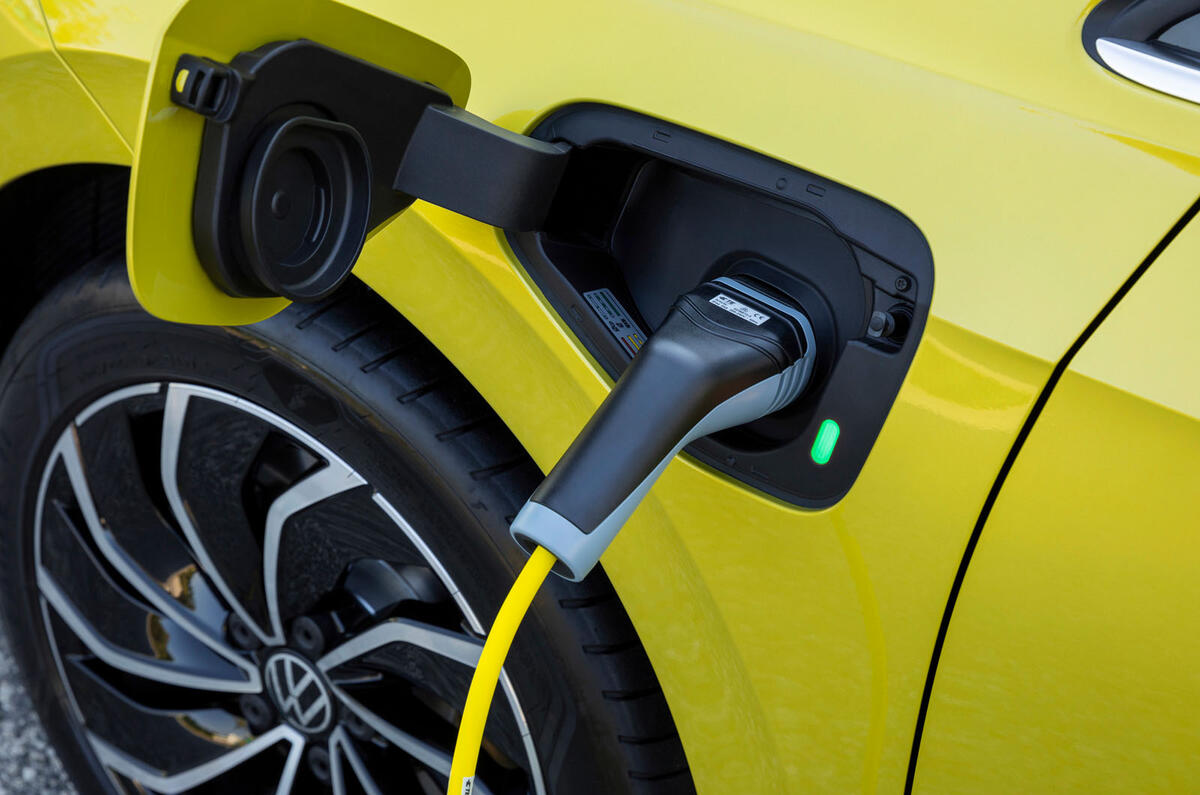Strong demand in China could prove the saviour of the plug-in hybrid globally as the ‘bridge to EV’ technology stumbles at legislative hurdles in the UK and Europe.
Chinese makers now dominate the global PHEV market after sales rapidly grew this year, topped by BYD.




Add your comment